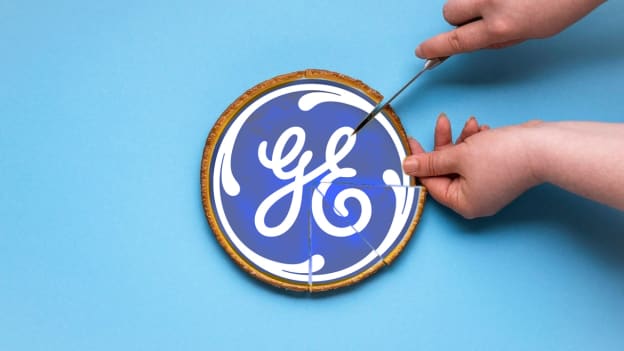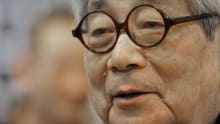General Electric is turning itself into not one new company, but three

General Electric, once a global success story that made it the darling of business management case studies, announced yesterday that it is breaking up into three separate publicly-traded companies - ending its century-old tenure among the showpieces of US industry, and putting a stop to the decline it's seen for the last two decades.
The three companies-to-be will focus on healthcare, energy, and aviation. GE Healthcare will break off first, in early 2023; GE Renewable Energy, GE Power, and GE Digital will be combined and spun off in early 2024. The core company, today's General Electric, will be left with the aviation business.
It's not the first time General Electric has sold off or spun off large chunks of its business. After the global financial crisis in 2008-2009, GE executives cut down its financial business, dumped a variety of businesses in other sectors including entertainment, water, and plastics, and laid off thousands of employees in an attempt to streamline its enormous, diversified business structure. While the company hasn't yet commented on how its workforce will be affected, it's likely that the latest restructuring will result in even more layoffs.
According to CEO Lawrence Culp - who has spent the last three years consolidating and divesting as many of GE's non-core businesses as possible - breaking up the General Electric conglomerate is aimed at reducing the company's debt, improving its operational performance, and improving how it uses its capital.
Culp said in yesterday's announcement that separating the three companies will let them benefit from "greater focus, tailored capital allocation, and strategic flexibility to drive long-term growth and value for customers, investors, and employees," and subsequently told investors and analysts that it will also improve accountability.
Culp joined GE in 2018, the first chief executive to be externally hired - he was previously with Danaher Corporation - rather than promoted from within the ranks, and subsequently pushed the company to bring in more external hires for senior leadership roles. At the time, analysts described his overhaul of GE's leadership approach as creating not just a new version of GE but a new company entirely; now, three years down the road, 'new company' is going to become a literal description.















